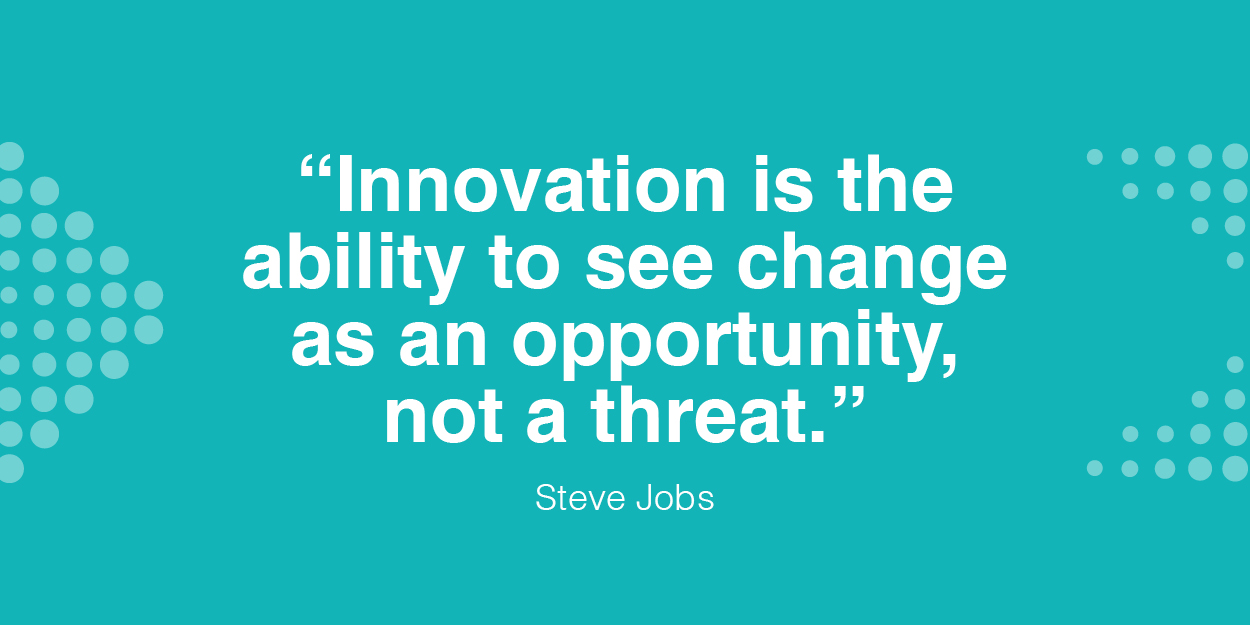Change brings opportunity: Insights from the Route Forward bus & coach conference
19 September 2025
The Route Forward 2025 conference in Leeds brought together operators, policymakers, and industry advisors at a time of real change for the bus and coach sector. With franchising, new regulatory duties, and the transition to zero-emission vehicles on the horizon, discussions focused on how these changes will play out in practice — and what operators can do to prepare.
Franchising and regulation: What lies ahead
James Backhouse and Alison Edwards (CPT) opened with clarity on the Bus Services Bill.
- Regulation is tightening: operators will face greater responsibilities, including recording and sharing safety related incident data, training drivers and managers on handling anti-social behaviour and managing customer’s needs with a disability.
-
The timeline is fast-moving: as Alison noted, the first phase of implementation could begin just two to three months after Royal Assent.
-
Local powers are expanding: authorities will be able to design and administer their own grants —a major shift in control of the funding for bus operations.
The message for operators was clear: prepare early and plan for change.
Supporting local decision-making
Kat Deyes (Frontier Economics) introduced the LTA Toolkit, designed to help local authorities make evidence-based decisions on franchising and re-regulation. This framework will be critical in ensuring that ambition is balanced with deliverability and is based on data rather than simplified political opinion.
Local authority priorities and challenges
The first panel discussion, chaired by David Guest, brought home the reality of what authorities’ face.
Stephen Fidler (DfT) reminded delegates that franchising “does not have to look like London” — local models should reflect local needs. Peter Mann (EMCCA) stressed pragmatism: if partnerships are working, there may be no need to upend them.
The takeaway: there is no one-size-fits-all. Local collaboration is key. In any given area, there could easily be a mix of franchise and Enhanced Partnership models working collectively.
Direct awards to incumbent operators could speed up introduction of new franchising schemes.
Transport, housing and growth
Robert Singleton (DfT) linked transport planning with the government’s target of building 1.5 million homes. The Connectivity Tool will provide a consistent way to measure accessibility — a vital step in aligning development with transport capacity and equity.
Change as opportunity
David Leeder (Transport Investment Ltd) reframed the discussion: change brings uncertainty, yes, but also opportunity. Using Portsmouth as a case study, he showed how structured analysis can help authorities and operators find the right model for their networks.
The SME perspective
The final panel focused on smaller operators, who face some of the greatest risks in a franchised system — but also some of the greatest opportunities. Key themes included:
-
Subcontracting from large operators to SMEs in a collaboration to reduce risk
-
Diversification beyond core contracts
-
Planning for growth or exit
-
Rural services as a space where SMEs can thrive
The panel emphasised that SMEs’ agility and local knowledge remain vital to the market. Furthermore the values economically of growing SMEs is retained in the area where the SME is based which is not so clear cut with larger business.
Key takeaways
-
Franchising and regulation are moving fast — start planning now.
-
Local models will vary — collaboration matters more than ever.
-
Transport and housing policy are now inseparable.
-
SMEs can succeed through partnership, diversification, and forward planning.
The conference reinforced one message above all: change in the bus and coach industry is inevitable — but it can be turned into opportunity. With preparation, collaboration, and clear strategy, operators of all sizes can play a central role in shaping the future of UK transport.
For legal insight and tailored advice on franchising, partnerships, or SME strategy, contact Backhouse Jones.
Want updates on any of our future events? Join our mailing list.
